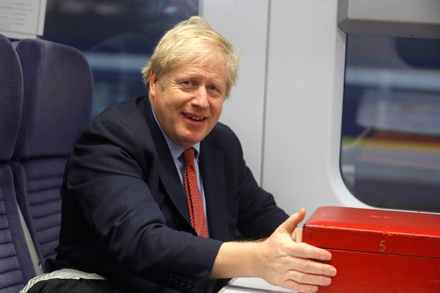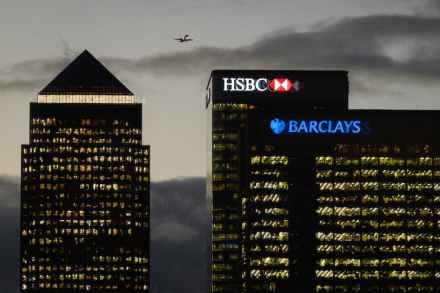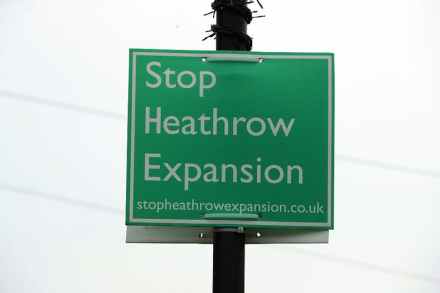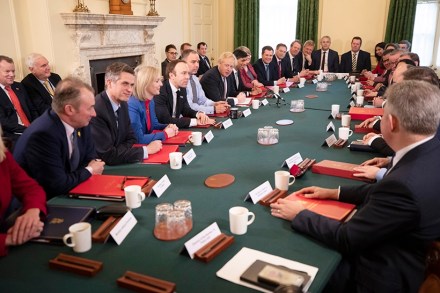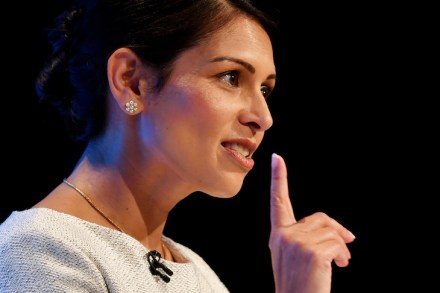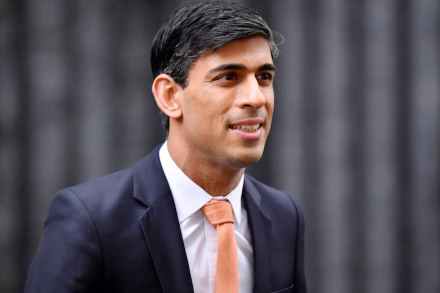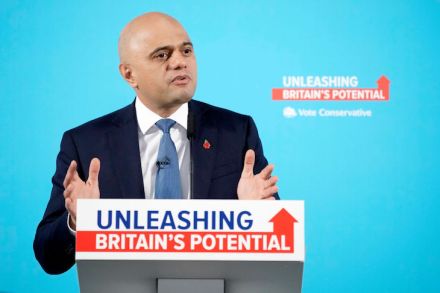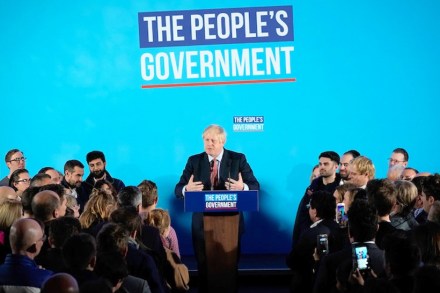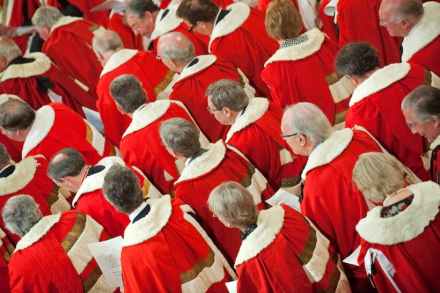Boris is taking an emperor’s approach to briefings
The PM is insisting that the briefings he finds in his red box every evening should be, well, brief, and has limited them to four sides of A4. That is three too many. Emperors too had in and out boxes and knew what hard work they could be. Seleucus, Greek king of Asia, was said to have complained that ‘If people knew what a burden it was reading and writing so many letters, they would not bother to pick up a discarded royal crown’. It was a common gripe of Roman emperors, too, who had a remarkably small secretariat — Julius Caesar famously annoyed the crowd at the games when
